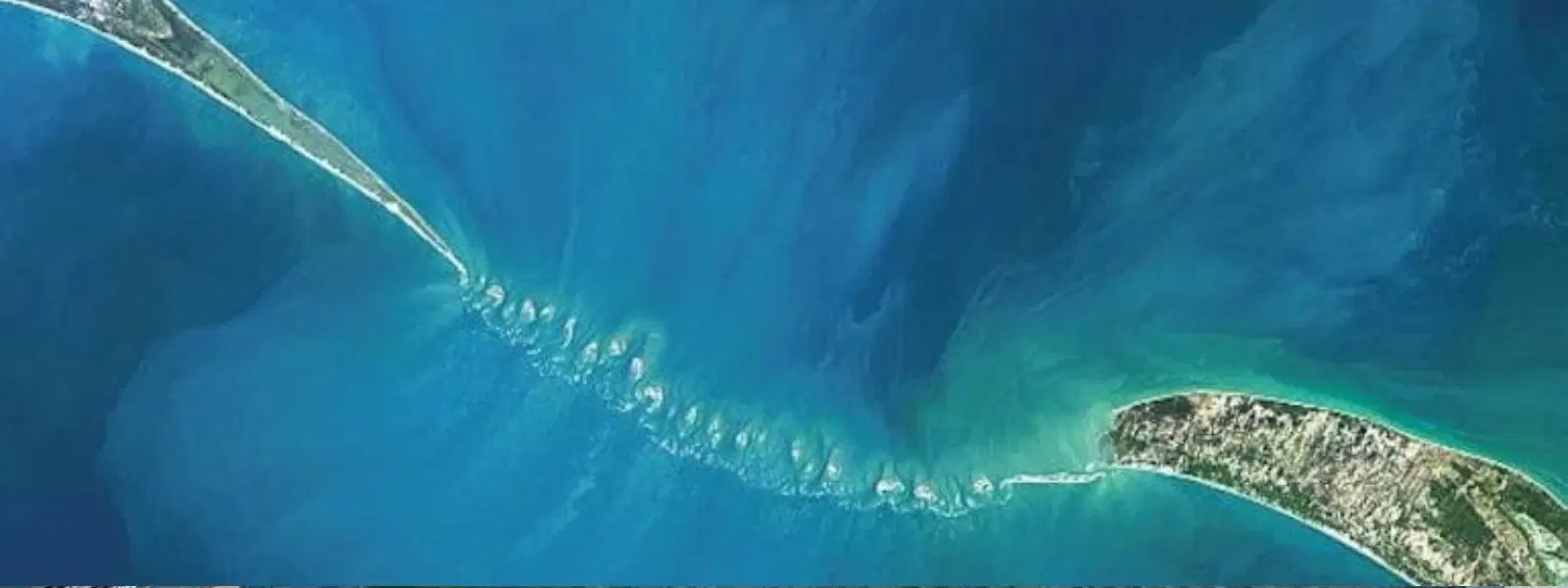
Hotels
•04 min read

Exploring Sri Lanka in July invites you to experience a vibrant tapestry of tropical weather, cultural festivities, and endless travel opportunities. As you prepare for your journey, this guide will help you understand the unique climate conditions, craft an efficient packing list, and plan an itinerary that suits your style, whether you're a spontaneous wanderer, a meticulous planner, a busy professional, or a luxury seeker.
Sri Lanka experiences two distinct monsoon seasons that affect different parts of the island. In July, while the southwest faces heavy showers, the northeast enjoys milder, drier conditions. This seasonal contrast means that travelers can choose between the refreshing rains of the coastal southwest and the sunny skies of the north and east.
Average daytime temperatures in major hubs like Colombo and Kandy typically hover between 28°C and 31°C, with evenings cooling down slightly. Coastal areas may feel warmer due to higher humidity, while elevated regions such as the hill country experience a gentle breeze and cooler climes during the night.
July brings abundant rainfall in the southwest, with periodic downpours that refresh the landscape. Meanwhile, coastal humidity remains high throughout the month, so it's essential to prepare for damp conditions that could affect your comfort. This varied weather pattern is central to ensuring you pack and plan correctly.
The coastal regions, including popular spots like Galle, Mirissa, and Trincomalee, are influenced by the southwest monsoon. Expect a mix of intermittent rains and occasional sunny breaks, which can make beach activities unpredictable. With proper planning, however, you can still enjoy water sports, local seafood, and serene seaside walks.
In the heart of Sri Lanka, in areas such as Nuwara Eliya and Ella, the climate offers a cool respite from the tropical heat. The refreshing air and scenic vistas make these regions ideal for trekking and sightseeing, with fog-laden mornings giving way to clear afternoons.
The northern and eastern parts of Sri Lanka experience their dry season during July, making these regions perfect for cultural exploration and outdoor adventures. The clear skies enhance sightseeing at ancient sites and allow for safe, enjoyable outdoor activities without the frequent interruptions of rain.

The month is vibrant with cultural events such as the Kataragama Festival and the Colombo Aadi Vel Festival, which provide an immersive experience into local traditions and spirituality. Joining these celebrations offers travelers a deeper appreciation of Sri Lanka's rich cultural tapestry.
Despite the monsoon in some areas, there are plenty of outdoor activities to enjoy. Trek through the lush hill country, explore national parks that come to life after the rains, and even indulge in adventurous pursuits like whale watching or surfing along the eastern coast.
The rainy season also brings opportunities for relaxation. Many travelers choose to unwind at Ayurvedic retreats and spas that offer soothing treatments tailored to rejuvenate the body and mind. Experiencing these wellness centers can be a perfect counterbalance to the energy of cultural festivals and outdoor escapades.
Pack lightweight, breathable clothing to tackle both humid days and occasional rains. Ensure your wardrobe includes waterproof jackets and sturdy footwear, which are indispensable during outdoor treks and surprise showers.
Muster essential items like insect repellent and sunscreen. A compact, travel-friendly umbrella and waterproof phone cases will help protect your gadgets and keep you comfortable, especially during unexpected downpours.
Don't forget to pack a small first-aid kit, medications for tropical climates, and items to stay well hydrated. Paying close attention to your health ensures that you can fully enjoy the adventure without any hitches.
Did you know that the eastern and northern regions of Sri Lanka experience their dry season in July? This makes them perfect destinations for travelers looking to avoid heavy rainfall while enjoying the island’s natural beauty.
It’s wise to plan your activities around the weather. Early mornings and late afternoons are generally the most pleasant times for exploring. Adjust your itinerary to accommodate sudden showers, allowing indoor activities during peak rainfall hours.

Many budget-friendly and comfortable stays offer special deals during this off-peak season. Opt for accommodations in regions less affected by heavy monsoon rains to maximize comfort without breaking the bank.
Traveling in July can be cost-effective as it is considered the off-season in parts of Sri Lanka. Save on flights, lodging, and tours by taking advantage of seasonal discounts and package deals, making your trip both memorable and affordable.
July is ideal for travelers who prefer lower tourist crowds and enjoy cultural events, though the weather varies by region.
Expect temperatures from 27°C to 31°C, high humidity, and varied rainfall influenced by regional monsoons.
Sri Lanka experiences a split rainy season with the southwest monsoon occurring from May to September and the northeast monsoon from October to January.
The ideal month depends on your destination; July suits the north and east while areas in the southwest may be better visited from December to March.
The southwest coast receives monsoon rains, while the eastern coast enjoys dry, sunny weather ideal for beach activities.
Sri Lanka in July offers a dynamic blend of weather conditions and activities that cater to all types of travelers. By understanding the climate and preparing with a comprehensive checklist, you can enjoy cultural festivals, outdoor adventures, and serene moments of relaxation. Whether it's the lively tourist season in the north and east or the refreshing monsoon charm in the southwest, your journey through Sri Lanka will be filled with unforgettable experiences.